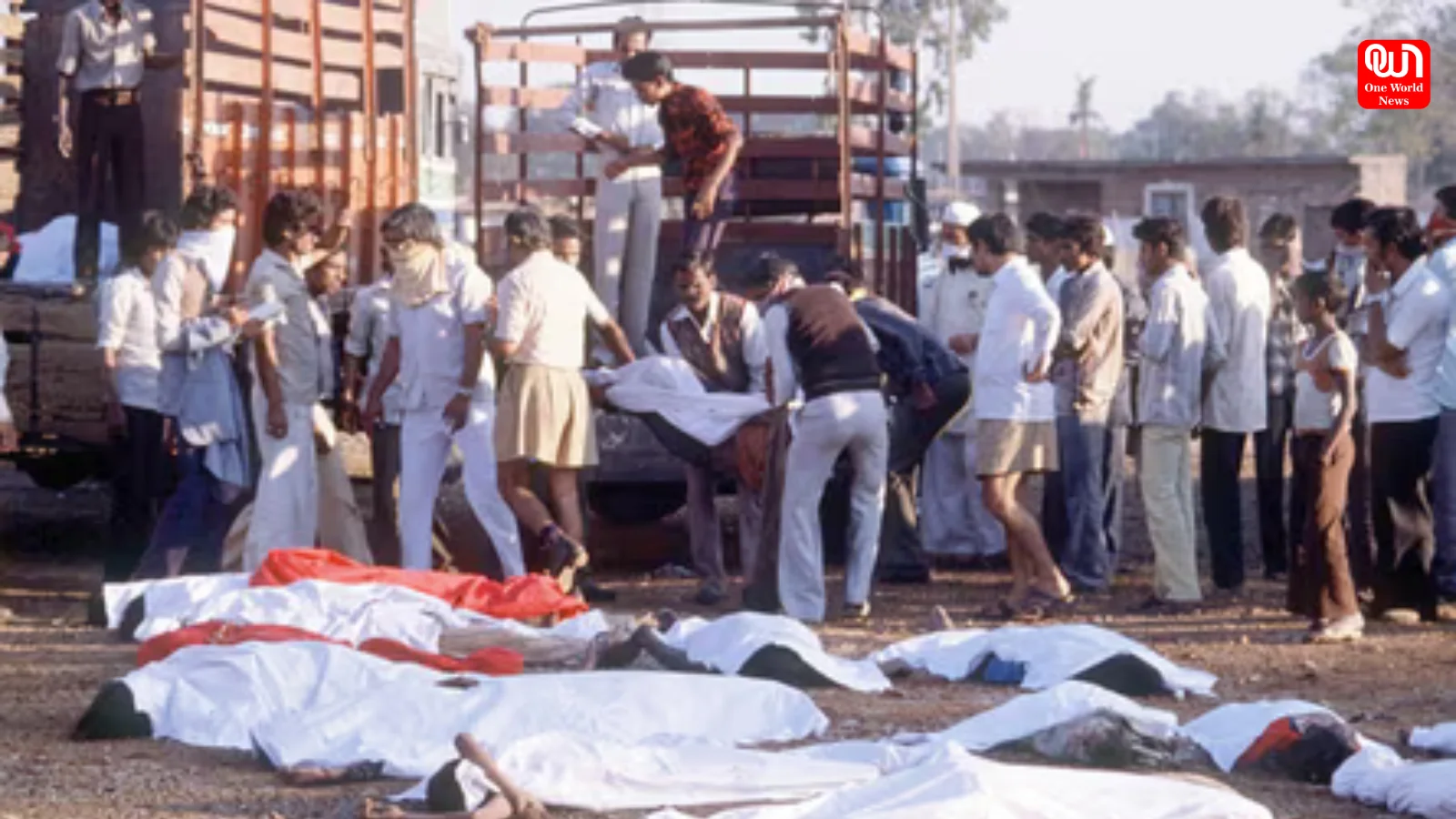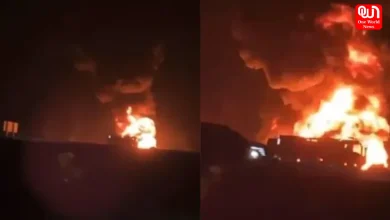Haunting Legacy of the Bhopal Gas Tragedy,Poison That Lingers
The Bhopal Gas Tragedy’s toxic legacy haunts survivors, impacting generations with illnesses and disabilities
The Bhopal Gas Tragedy’s toxic legacy haunts survivors, impacting generations with illnesses and disabilities
Forty years ago, on the fateful night of December 2-3, 1984, the city of Bhopal was struck by the world’s worst industrial disaster. Known as the Bhopal Gas Tragedy, it claimed thousands of lives within hours and left a devastating legacy that continues to affect generations.
The disaster began around midnight when a highly toxic gas, methyl isocyanate (MIC), leaked from the Union Carbide pesticide factory in Bhopal. Silent and invisible, the gas spread across the city, seeping into homes and suffocating people in their sleep.
A City in Chaos
Survivors recall the horror of that night. “We woke up choking. Our eyes were burning, and there was chaos everywhere,” says a survivor who lost three family members. Streets were filled with terrified people coughing, crying, and gasping for air. Hospitals were overwhelmed, and many victims died on the spot.
Read More: Tragedy in Mumbai: 3-Year-Old Girl Dies After Being Slapped by Uncle, Body Burnt and Dumped
Official records state that 2,259 people died that night, but activists believe the true death toll was much higher. Over the years, more than 20,000 people have died from gas-related illnesses. Additionally, more than 574,000 people were exposed to the toxic fumes, suffering severe and long-term health consequences.
The Poison That Lingers
The tragedy didn’t end when the gas dissipated. Its effects lingered in the bodies of the survivors, changing their lives forever. “The survivors carried the toxic imprint in their bodies, which is now being passed down to their children and grandchildren,” says Dr. DK Satpathy, former head of forensics at Gandhi Medical College.
Studies reveal that the second and third generations of survivors are also suffering. Children born to gas-affected parents are at a higher risk of developing birth defects, including cerebral palsy, Down’s syndrome, and learning disabilities. Men born in 1985, just a year after the tragedy, show higher cancer rates than those born before or after.
At the Chingari Rehabilitation Center, over 1,000 children are being treated for disabilities like autism, muscular dystrophy, and intellectual impairments. Rashida Bee, the center’s founder, explains, “This is the terrible legacy of Bhopal. Every year, we see more children born with disabilities because their parents or even grandparents were exposed to the gas that night.”
Generations in Pain
The tragedy has affected not just those exposed but their descendants as well. Omwati Yadav lives near the abandoned Union Carbide factory. Her grandsons, whose parents inhaled the toxic gas, were born with cerebral palsy and muscular dystrophy. Another survivor, who was eight months pregnant during the leak, recalls her baby being born with nasal complications.
“The situation is worsening,” says activist Rachna Dhingra. “Survivors face chronic illnesses, while second and third generations are suffering birth defects. This tragedy is far from over.”
A Toxic Reminder
The Union Carbide factory still stands in Bhopal, an abandoned and rusting structure, a grim reminder of the disaster. Despite decades of protests and legal battles, the site remains contaminated, and the cleanup has been incomplete. Toxic waste continues to pollute the environment, endangering nearby communities.
The Fight for Justice
For the survivors, the tragedy is not just a memory—it is an ongoing reality. They still struggle for adequate healthcare, rehabilitation, and justice. The compensation provided has been inadequate, and the legal fight against Union Carbide’s parent company, Dow Chemical, remains unresolved.
As Bhopal remembers that dark night, the scars of the tragedy are visible in its people and its future generations. For them, it is a story of unimaginable pain, but also of resilience and an enduring fight for justice.
The Bhopal Gas Tragedy serves as a stark reminder of the human and environmental cost of industrial disasters—a lesson the world must never forget.
We’re now on WhatsApp. Click to join.
Like this post?
Register at One World News to never miss out on videos, celeb interviews, and best reads.








